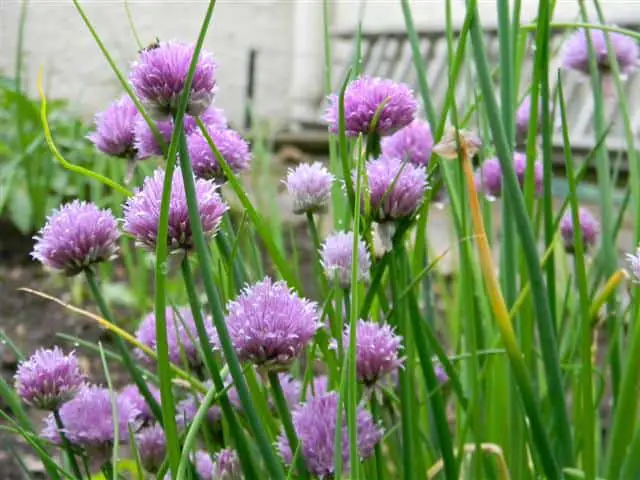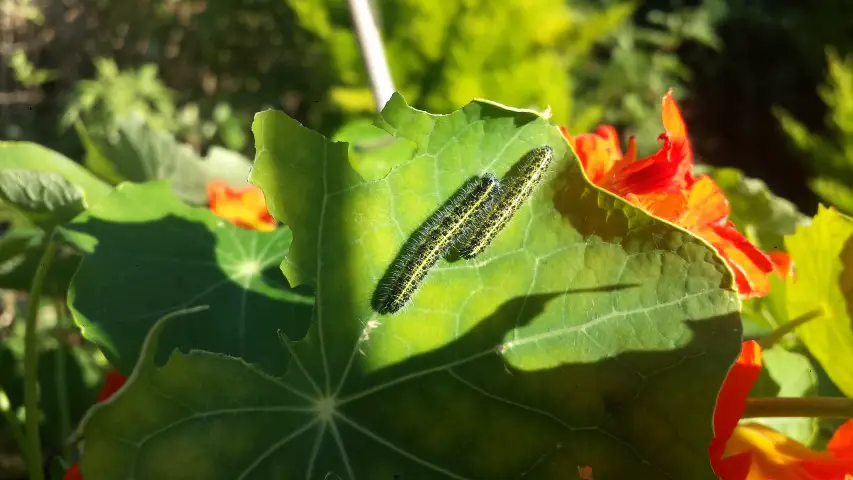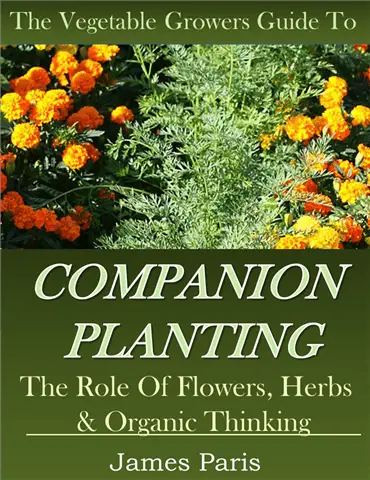
There are many reasons that can be cited to promote the idea of companion planting, from environmental to personal. Here are just five of the most powerful reasons in my opinion.
Top Benefits Outline:
- Companion planting is the more environmentally friendly way to grow vegetables without chemical fertilizers or herbicides
- Plants are more productive overall when they are placed besides their perfect companions
- Less maintenance is required in a balanced garden where good companions are chosen to compliment each other
- Good companions mean less problems with destructive pests and insects
- Less or zero need for artificial fertilizers is good companion methods are chosen that add to the soil rather than take away.
1. Environmental Benefits:
the environment is a hugely important issue these days, and rightly so. If more people got themselves involved with the principles behind organic and companion gardening, then we would not be polluting both our bodies and the land, with chemical fertilizers or poisonous insecticides to the extent that we are.
This does not just involve ourselves, but has ramifications for generations to come.
Millions of tons of waste go into landfills every year, which in fact could easily be recycled – to our own benefit! Composting as a part of growing your own vegetables and becoming more environmentally aware, is one way to help balance this wastage.
It can be correctly stated that companion planting, when done in concert with other organic growing methods is good for our bodies and good for the environment – a win-win situation really.
2. Productivity Benefits
With this being the case, then it also means that you can have a greater volume of plants in the same growing area, as they can be grown closer together without it being detrimental in any way – in fact if done correctly they will actually benefit from this closeness.
The main principle behind companion planting is the fact that when certain plants are grown together, then they benefit from one another, or at least the different plants can be grown together because they have different needs. This means that they are not competing for the same nutrients, or even atmospheric conditions.
3. Easy maintenance:
The reason that companion planting generally means easier maintenance, may not at first be recognized. However the fact is that if the plants are chosen properly it means that they are planted closer together; meaning less of an area to cover when maintaining or harvesting your vegetables.
This is especially relevant in a raised bed situation, where the area you have to cover is limited to the confines of the raised bed.
In this situation you have a ‘double score’ so to speak; as a raised bed garden is not so prone to weeds anyway, this coupled with correct companion planting, where the sunshine and nutrients are denied to weeds; leads to a situation where you are able maximize your efforts and get better results.
4. Natural insect control:
One of the big pluses for the companion planter is the fact that fewer insect problems occur, if the plants accompanying their neighbors are correctly chosen. This is a form of natural garden pest control For instance, if onions or leeks are planted alongside carrots, then problems with the dreaded carrot fly are less of an issue as the smell of the onions detracts the fly from the carrots.
Marigolds planted alongside your tomatoes will attract hover flies, which will protect them against aphids.

5. Less need for fertilizer
Again, if done correctly using organic methods of growing your vegetables, then there will be little if any need for artificial or chemical fertilizer.
your vegetables, then there will be little if any need for artificial or chemical fertilizer.
The reason is two-fold. Firstly good organic compost in your growing area means that fertilizer should not be needed unless you are perhaps aiming to grow ‘super crops.’
Secondly; if the plants are rotated properly, then the needs of one plant may in fact be supplied by the waste or productivity of another. For instance legumes like peas and beans are able to draw nitrogen from the atmosphere and deposit it into the ground. This benefits a multitude of other plants that flourish in a nitrogen-rich soil.
These are just 5 great reasons to consider companion planting. More reasons why and indeed how to go about it can be found in later guides on this site.


